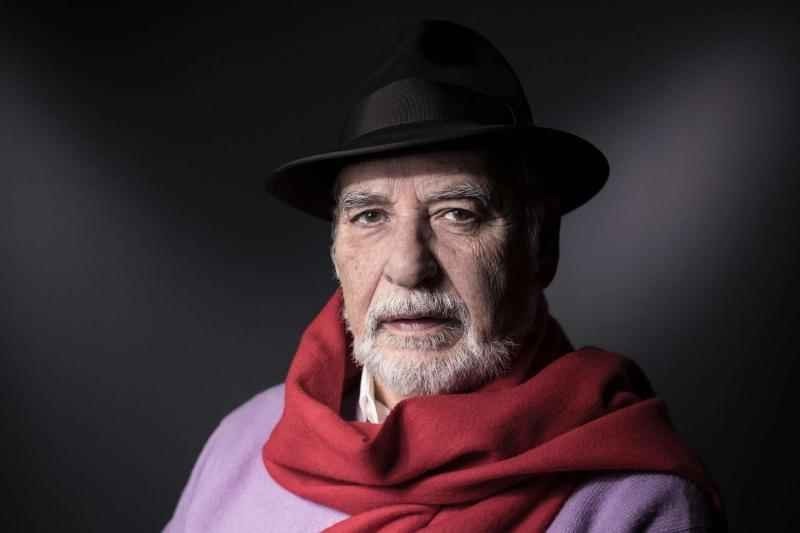
‘Ceuta is Moroccan Land’, Critic Slams Spain’s Modern-day Colonization
Although Morocco gained independence in 1956, the country still faces the challenges of colonization.
As the world watches tensions rise in the Spanish enclave of Ceuta, many begin to raise questions of the modern-day colonization of Morocco by Spain.
In an interview with French television channel CNews, Moroccan writer Tahar Ben Jelloun discussed the ethics behind Spain’s modern-day occupation of Morocco.
“Ceuta has always been Moroccan land,” he said.
Ben Jelloun added that it is “abnormal” for a European power to colonize a country in this day and age.
The discussion surrounded the recent turbulent relations between Spain and Morocco due to the Spanish hospitalization of Polisario’s Brahim Ghali and a rise in irregular migration attempts between the two countries.
On May 18, nearly 8,000 migrants entered Ceuta via the Mediterranean Sea after a mass irregular migration operation. Many migrants swam nearly three kilometers from the shores of Morocco into the Spanish enclave of Ceuta.
Spain accused the Moroccan government of failing to stop the migrants from leaving Morocco and swimming around the border into Ceuta.
Morocco’s Foreign Minister Nasser Bourita denied the accusation and stated that the Moroccan police were fatigued from enforcing the COVID-19 health measures throughout the month of Ramadan.
Bourita argued a “total inaction of Spanish police” allowed the mass influx of migrants to cross into Spain’s territory and that it is ultimately “Spain that created the migratory crisis in Ceuta.”
The Moroccan government has reiterated that Spain must assume responsibility for the repercussions of irregular migration since it claims the territory.
International response
President of the European Commission Ursula von der Leyen commented on the border crisis in a tweet, stating that the EU stands with Ceuta and Spain.
But von der Leyen appeared to perpetuate a neocolonial attitude by utterly disregarding the Moroccan position. The EU Commission president mentioned Morocco in a second tweet. “Closer relationships, based on trust and mutual commitments with partners like Morocco, are crucial in this mission,” she noted.
Morocco’s Ambassador to Spain, Karima Benyaich, responded to the current state of relations between Spain and Morocco by stressing that “there are acts that have consequences that must be accepted.”
Meanwhile, Twitter users have circulated the hashtag #Ceuta_y_Melilla_son_marroqui (Ceuta and Melilla are Moroccan).
The current border crisis has reignited the question of Spanish authority in mainland Africa.
Across Morocco’s northern coast, Spanish is commonly spoken as a result of the Spanish colonization of Morocco from 1912 to 1956.
Although Spain recognized Morocco’s independence in 1956 as a result of the end of French protectorate, it declared Ceuta and Melilla would remain under Spanish control. Morocco contested the declaration and considers the two cities to be an extension of the Spanish colonization.
Contrary to the norms of the 21th century, there are currently limited examples of direct European colonization in mainland Africa.
After World War II, Ceuta and Melilla assumed autonomous status making them the last territories in Africa directly governed by a European nation.
However, colonization persists indirectly in the hearts and minds of the formerly oppressed.
For most Moroccans, one lesson from the ongoing Ceuta crisis is the unsettled status of the city. While the Spanish media and government demand that Morocco respect Spain’s “territorial integrity” in Ceuta and Melilla, the prevailing sentiment in Morocco is that the Moroccan government should make the recovery of the two cities a central theme of its diplomatic efforts in the coming years.
The idea is that until the world changes its rhetoric on the two Spanish enclaves in Northern Morocco and recognizes them as modern-day colonization, Morocco should continue to work towards total liberation from the West.
Ben Jelloun confirmed this sentiment during the interview.
“Spain knew very well that the affair of the territorial integrity of Morocco is a sacred cause and that Morocco is fighting for its Sahara,” said the Moroccan novelist.
Source: Morocco World News.
